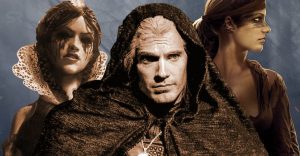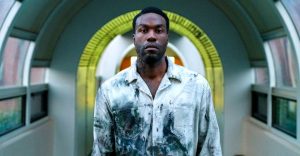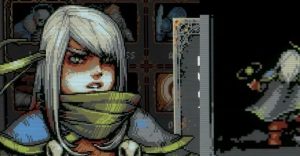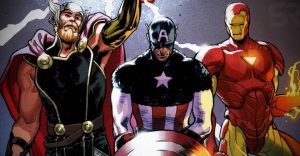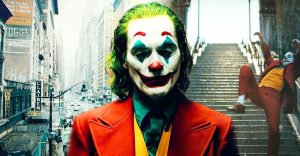Shang-Chi’s MCU Change Finally Made His Comics Worth Reading
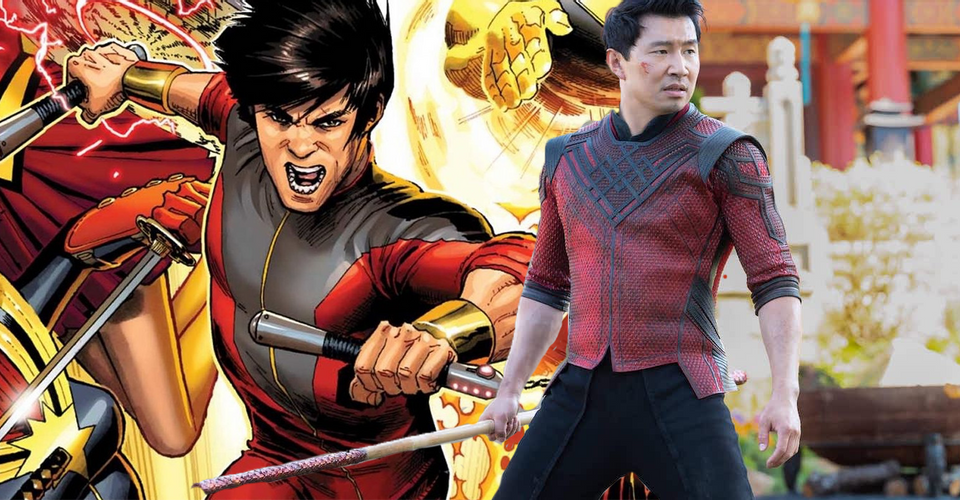
Dozens of Marvel Comics characters such as Shang-Chi have become household names thanks to the proliferation of the Marvel Cinematic Universe. With several of its films grossing over one billion dollars, the Marvel Cinematic Universe is one of the most lucrative media franchises in history. Its success in cinemas and on the small screen has had a ripple effect on Marvel’s current comics landscape, as some details of its characters have been changed to better match their MCU counterparts. And while this has been contentious for some characters such as Ms. Marvel, for Shang-Chi, his changes for the MCU have vastly improved his comics.
Debuting in Special Marvel Edition #15 from 1973 by Steve Englehart, Jim Starlin, and Al Milgrom, Shang-Chi was the mixed race son of the villainous Fu Manchu, a massively racist figure in pop culture that was representative of white Americans’ anxieties about Asian people. Raised by his father to be a living weapon, Shang-Chi discovers the full extent of his father’s evil plans for world domination in his debut, prompting him to betray him and become a hero. That said, Shang-Chi’s status as a hero is repeatedly questioned because of his Chinese background, making it a character flaw that is very uncomfortable to read. In contrast, the MCU’s Shang-Chi was also trained from birth to be a martial artist, his father, Xu Wenwu, was a nuanced figure whose criminal empire was something he was trying to leave behind.
In the lead-up to Shang-Chi and the Legend of the Ten Rings‘ release, Marvel published a new series for Shang-Chi by writer Gene Luen Yang, Dike Ruan, Philip Tan, and Sebastian Cheng which delved into the hero’s family relationships with his half-siblings and their father Zheng Zu’s organization, the Five Weapons Society. Stepping into the role of Supreme Commander of the Five Weapons Society, Shang-Chi uncovers secrets about his family history, including his mother’s village of Ta Lo. This last detail is in keeping with Shang-Chi’s MCU origin, as his mother has been reestablished as a Chinese woman who is a formidable martial artist of her own. This rectifies one of the most egregious aspects of Shang-Chi’s original comics, where his Chinese heritage was meant to be seen as villainous in comparison to his European heritage from his white mother.

Shang-Chi’s comic changes in the wake of his MCU debut reflect the challenges that older characters of color face, as their source material is often riddled with racist stereotypes. Adapting them to the MCU provides an opportunity for creative teams to achieve not only a more culturally-accurate representation of the character, but also give their comics a soft reset for contemporary times. With the start of his new comics run, Shang-Chi has been on a journey of self-discovery that is not predicated on the demonization of his race and cultural background, giving his character the compelling arc he has always deserved.
Shang-Chi’s comics change in the wake of his MCU debut presents a vision of the character whose status as a hero is never questioned because of his race, an immensely important change for his comics. And while he was one of Marvel Comics’ most high profile Asian characters for decades, his previous comics can hardly be seen as proper “representation” because of the racist gaze they were written in. As such, the creators of Asian descent behind both the Shang-Chi film and comics have provided Marvel’s Master of Kung Fu with the nuanced and unique origin story he has always deserved.
About The Author











